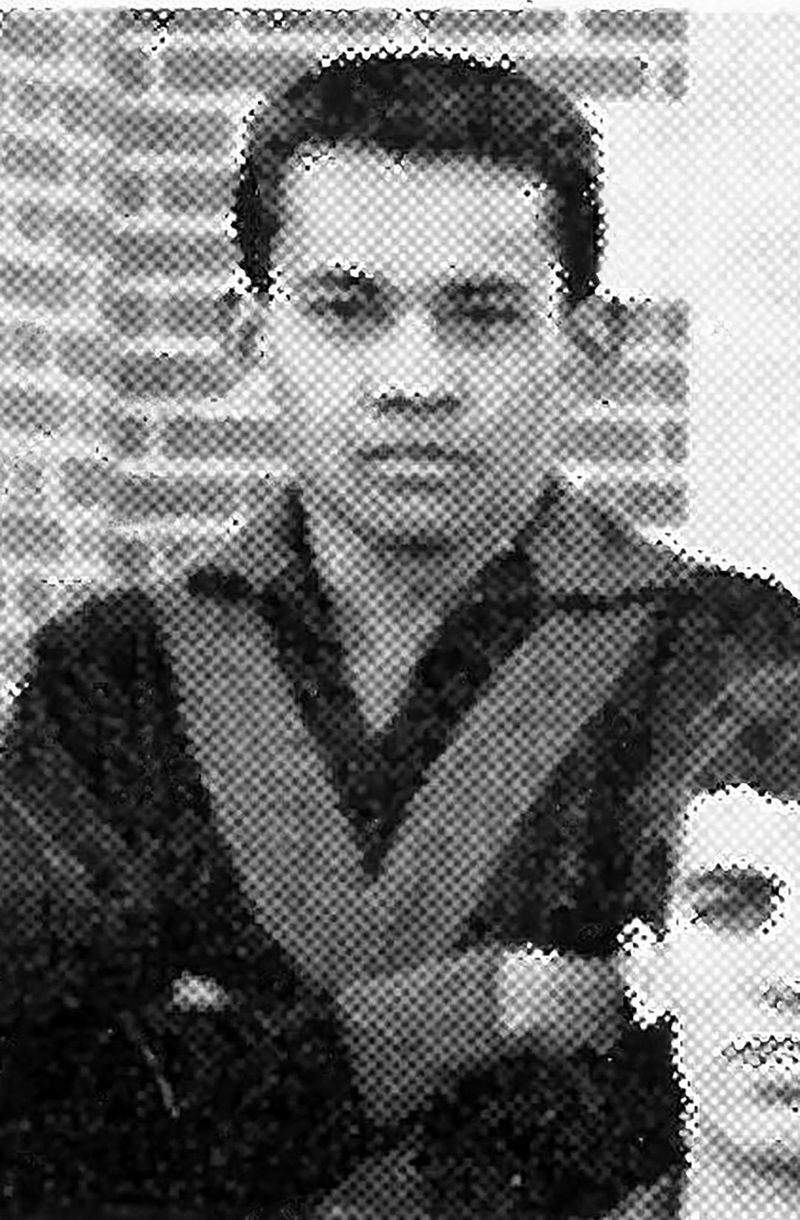Contact

Class of 1965
Jimmy Chi was born to a Japanese/Chinese father and a Scottish/Aboriginal mother from the Bardi tribe. Although brought up in Broome, he was sent by a group of Irish nuns and German priests to a Catholic college in Perth in Rossmoyne. Then he was selected to attend Aquinas College.
He was a bright student and did well academically and on the field. Jimmy left with the second position prize for Religious Education and played in the 1st XVIII in his final year. He went to university the following year but did not finish his degree.
Tragically Jimmy was badly injured in a car accident in his early 20s and spent three weeks in hospital. Although he recovered physically, all who knew him to say he was never the same again and Jimmy was diagnosed with schizophrenia in 1970 at the age of 22. He felt that he had let people down by not finishing his degree and he struggled to find the resilience needed to get back up and fight the good fight. It was a struggle that would stay with him his whole life. Music provided him with a path back to normal life and Jimmy wrote songs with several friends.
He formed the group "Kuckles" in Adelaide while studying at the Centre for Aboriginal Studies in Music (CASM). An audition tape titled "Millya Rumarra" won him the opportunity to perform in Germany. This became the basis for his most famous contribution to Aboriginal culture: Bran Nue Day. In 1991, it earned Jimmy the Human Rights and Equal Opportunity Commission Drama Award. The stage production toured Australia winning awards and the movie was released in 2009. It was greeted with mixed reviews but helped cement the careers of a number of now well-known indigenous actors. But the significance of this work and others of Jimmy Chigoes far beyond the critic’s pen. He forced the issue of indigenous identity into the limelight.
Jimmy faced his own demons bravely and his contribution to Australian artistic endeavour is the greater because of them. In 1997, Jimmy received the Red Ochre Award for his contribution to the indigenous arts and was also made the patron of SANE Australia. In 2004, Jimmy Chi was honoured by the Western Australia as a Living Treasure.


